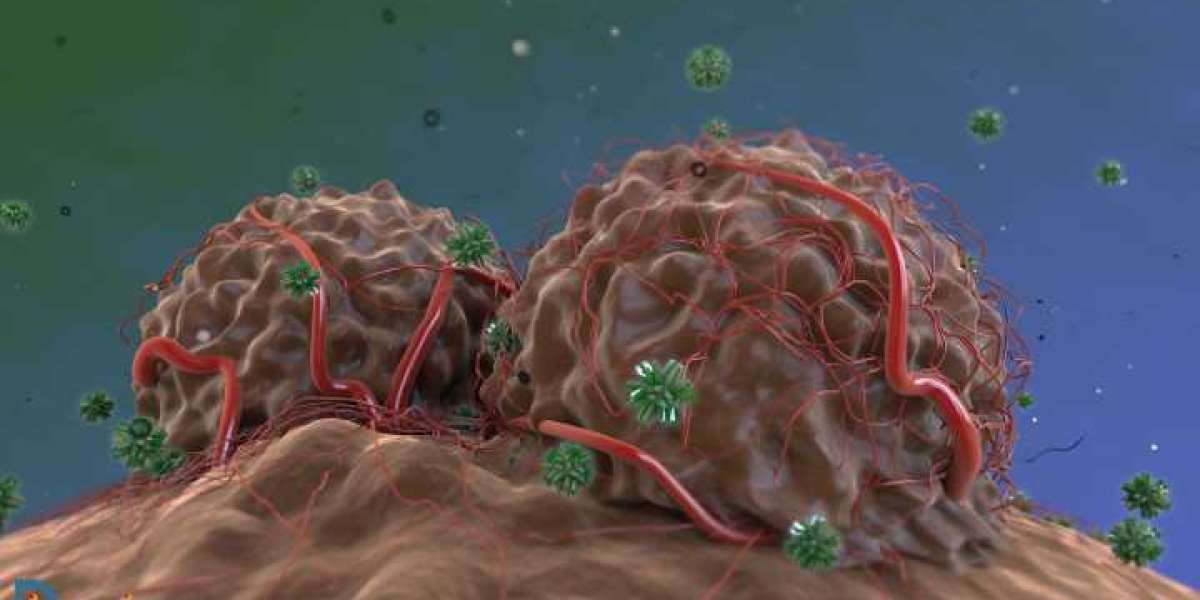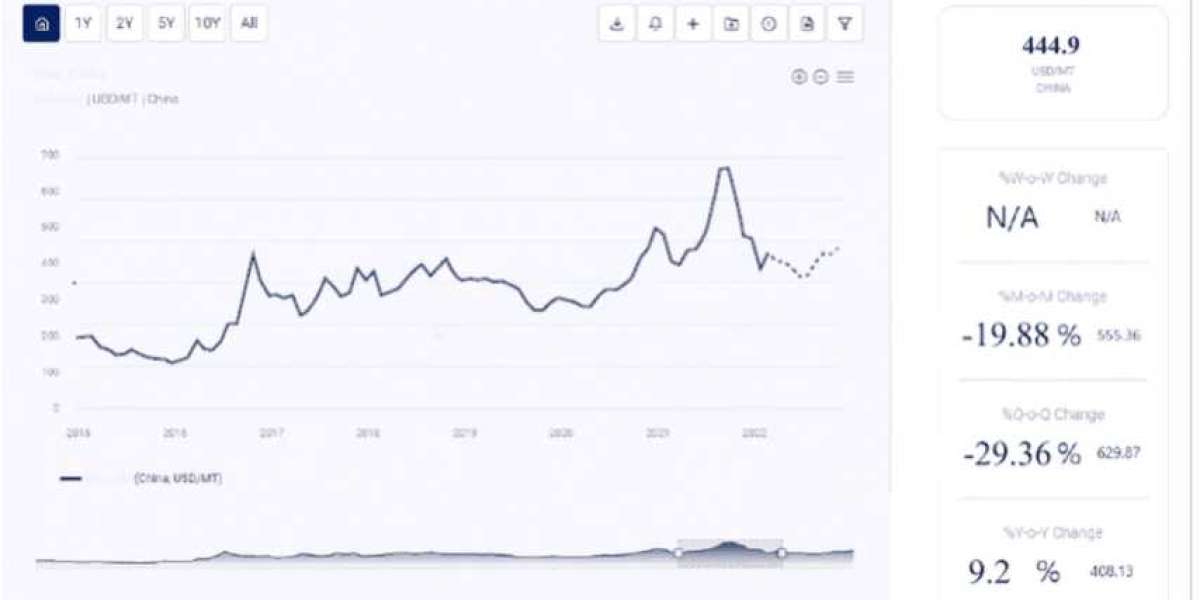The Significance of HR+/HER2- Breast Cancer
HR+/HER2- breast cancer is characterized by its dependence on hormone signaling for growth. While endocrine therapies, such as tamoxifen and aromatase inhibitors, have been foundational in treatment, many patients develop resistance over time. This resistance has fueled the urgent need for new therapeutic strategies that enhance efficacy, prolong survival, and improve quality of life for patients.
Emerging Therapeutics Shaping the Future
1. CDK4/6 Inhibitors: A Game Changer
CDK4/6 inhibitors—palbociclib, ribociclib, and abemaciclib—have revolutionized the treatment of HR+/HER2- breast cancer. These agents work by halting the cell cycle, preventing cancer cells from proliferating. Clinical trials have shown that combining CDK4/6 inhibitors with standard endocrine therapy significantly improves progression-free survival (PFS) for patients, establishing a new standard of care in advanced disease settings.
2. Next-Generation Endocrine Therapies
New endocrine therapies are on the horizon, offering innovative solutions to combat resistance. Selective estrogen receptor degraders (SERDs), like elacestrant and camizestrant, are designed to block estrogen signaling and promote the degradation of the estrogen receptor. Early studies indicate their potential effectiveness in patients with endocrine-resistant disease, signaling a shift toward more robust treatment options.
3. Targeted Therapeutics
Targeted therapies are gaining traction as researchers delve deeper into the molecular underpinnings of HR+/HER2- breast cancer. Alpelisib, a PI3K inhibitor, has shown promise when used in combination with endocrine therapy for patients harboring PIK3CA mutations. This targeted approach addresses specific pathways involved in tumor growth, offering more personalized treatment options.
4. Immunotherapy Advances
Immunotherapy has historically faced challenges in HR+/HER2- breast cancer, but research is uncovering new opportunities. Combinations of immune checkpoint inhibitors, such as pembrolizumab, with traditional therapies are being explored to enhance the immune response against tumors. Ongoing clinical trials are investigating these combinations, particularly in patients with high levels of immune activity.
5. Innovative Combination Strategies
Combining different therapeutic modalities is becoming increasingly popular in the fight against HR+/HER2- breast cancer. Studies are underway to evaluate the synergistic effects of combining CDK4/6 inhibitors with novel endocrine therapies or immunotherapy, potentially overcoming resistance and improving treatment outcomes.
The Impact of New Drug Developments on Patient Care
Enhanced Survival and Quality of Life
The emergence of new drugs and therapeutic strategies is expected to significantly enhance survival rates and quality of life for patients with HR+/HER2- breast cancer. By addressing resistance mechanisms and introducing more effective therapies, healthcare providers can offer patients better management options, ultimately leading to improved outcomes.
Personalized Treatment Paradigms
As the field moves toward personalized medicine, the identification of specific genetic and molecular characteristics of tumors will allow for tailored treatment approaches. Biomarker testing will guide therapy selection, ensuring that patients receive the most effective and individualized treatment based on their cancer profile.
The Importance of Clinical Trials
Ongoing clinical trials are crucial for advancing the treatment landscape of HR+/HER2- breast cancer. Patients may have the opportunity to access cutting-edge therapies that are still under investigation, contributing to the overall progress in breast cancer treatment.
Conclusion
The future of HR+/HER2- breast cancer treatment is being reshaped by pioneering drug developments and innovative therapeutic strategies. With the introduction of CDK4/6 inhibitors, next-generation endocrine therapies, targeted treatments, and combination strategies, the management of this prevalent breast cancer subtype is entering a new era. As research continues to evolve and uncover new insights, the emphasis on personalized medicine and ongoing clinical trials will further enhance patient care, ultimately leading to improved outcomes and quality of life for those affected by HR+/HER2- breast cancer.
Latest Reports
Pharmaceutical Consulting Companies | Progressive Multifocal Leukoencephalopathy Market | Necrotizing Enterocolitis Market | Chronic Progressive Multiple Sclerosis Market | Brain Aneurysm Stents Market | Chronic Hepatitis Delta Virus Market | Post-transplant Lymphoproliferative Disease Market | Filgrastim Biosimilar Insight | Peripheral Neuropathic Pain Market | Chronic Gout Market | Human Papilomavirus Market | Allergic Asthma Due To Dermatophagoides Farinae Market | Epithelial Ovarian Cancer Market | Neurovascular Devices Market | Palmar Hyperhidrosis Market Size | Adrenogenital Syndrome Market | Blood Gas And Electrolyte Analyzers Market | Bone Anchored Hearing Systems Market | Cardiac Resynchronization Therapy Device Market | Gout Market | Healthcare Subscription Models | Menopause Market | Allergic Rhinoconjunctivitis Market | Cerebral Aneurysm Market







